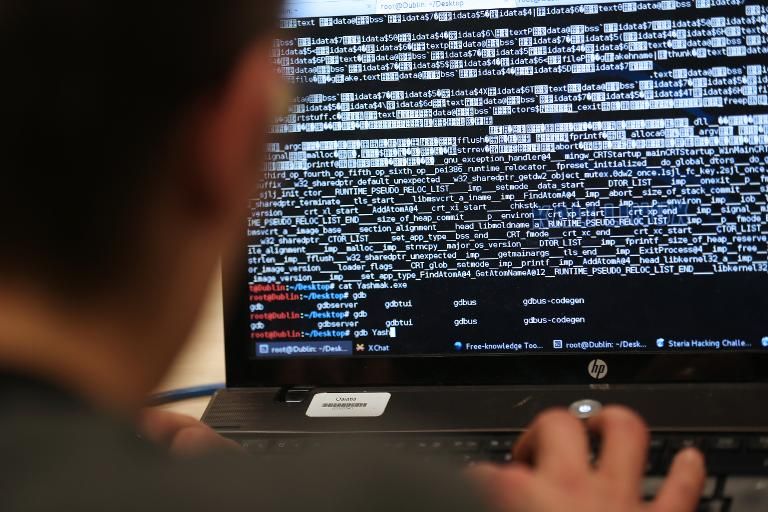Hackers Get Hacked: LockBit in Cyberattack
In a shocking turn of events, the notorious ransomware gang LockBit has been hacked, exposing its secrets, affiliate identities, and negotiation tactics to the world. This cyberattack is not only a significant breach for the group but also a game-changer for defenders and law enforcement. Jurgita Lapienyė, editor-in-chief at Cybernews, breaks down why this incident is a turning point for both cybercriminals and defenders.
The tables have turned in the cyber underworld. LockBit, once the world's most prolific ransomware gang, has found itself on the receiving end of the very tactics it perfected: infiltration, exposure, and humiliation.
On May 7, 2025, the group's dark web administration panels were defaced with a mocking message – "Don't do crime, crime is bad xoxo from Prague" – and a link to a leaked database, laying bare the secrets of a criminal empire that once accounted for up to 44% of global ransomware incidents. This breach exposes affiliate identities and negotiation records, threatening to ruin the network. Trust and secrecy are the currency of cybercrime, but this breach has devalued both.
For years, LockBit operated with near impunity, evolving its malware, recruiting affiliates, and expanding its reach across sectors and continents. Its RaaS model lowered the barrier to entry for cybercrime, enabling a global network of attackers to extort hospitals, schools, and enterprises.
However, the data loss carries implications: "Now, the exposure of affiliate identities and negotiation records threatens to ruin that network. Trust and secrecy are the currency of cybercrime but this breach has devalued both." This incident is a potential game-changer for defenders and law enforcement, Lapienyė explains.
Those leaked Bitcoin wallets and chat logs? They're digital breadcrumbs, ready to be swept up by investigators hunting for real-world identities behind shadowy aliases. Suddenly, the people who once hid behind layers of encryption and anonymity are exposed, their operational secrets spilled for all to see.
"For companies and organizations, this breach is a rare opportunity," Lapienyė says. "Now, they can comb through the data dump and see if their own negotiations or sensitive details are caught in the crossfire – maybe even learning how their attackers think, bargain, and threaten."
The secondary aspect is what this means for LockBit's reputation. Lapienyė offers his views: "Last year, Operation Cronos knocked the group off balance, seizing servers and leaking decryption keys. LockBit shrugged it off, patched up, and kept going. This time, the blow is personal. The gang's mystique – its aura of invincibility – has been punctured."
In the underground economy of ransomware, trust is everything. Affiliates may start looking for safer, smarter partners. New recruits might think twice.
There are some historical parallels to consider: "We've seen this movie before. When Conti's internal chats leaked, the group imploded. When REvil's secrets were exposed, they too faced significant repercussions."
LockBit's reputational crisis may prove harder to recover from than any technical setback. Breaches like this may deter future affiliates from associating with the group for fear of being exposed or arrested.
"The lesson is clear: in cybercrime, no one is untouchable," Lapienyė concludes. "And sometimes, the best way to fight ransomware is to turn its own tools – and its own hubris – against it."
---
Dr. Tim Sandle is Digital Journal's Editor-at-Large for science news. He specializes in science, technology, environmental, business, and health journalism.
